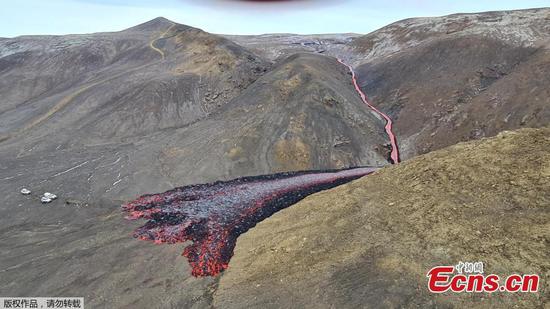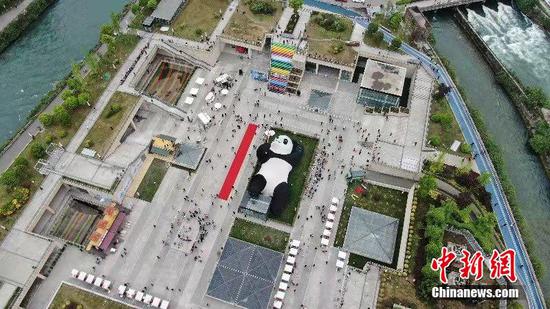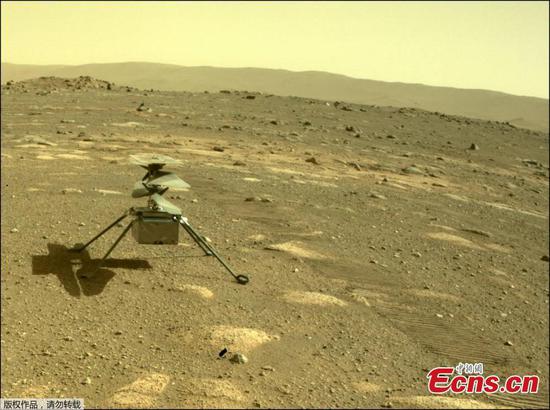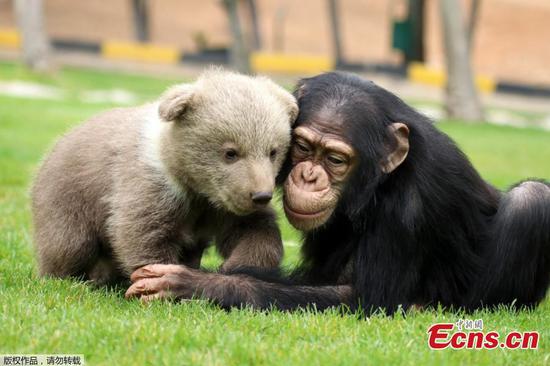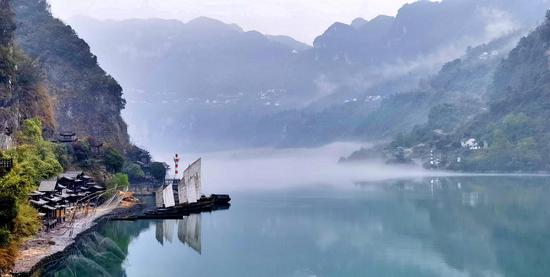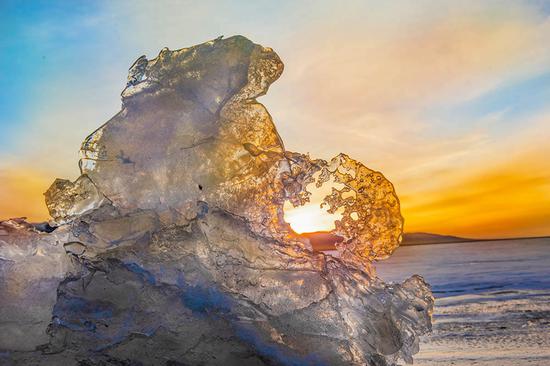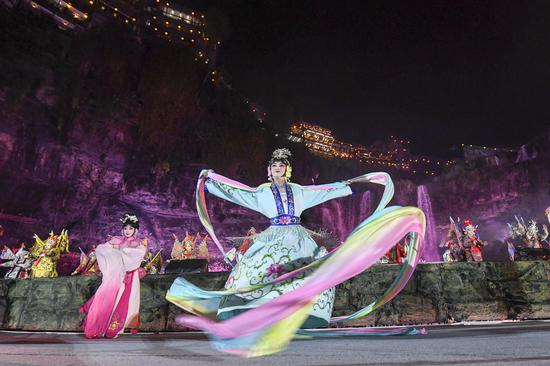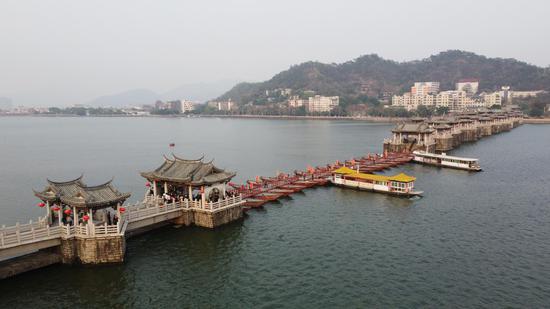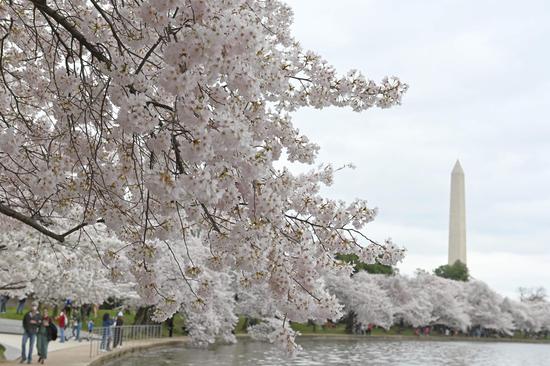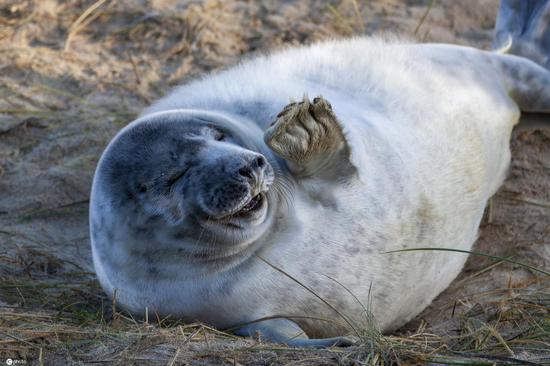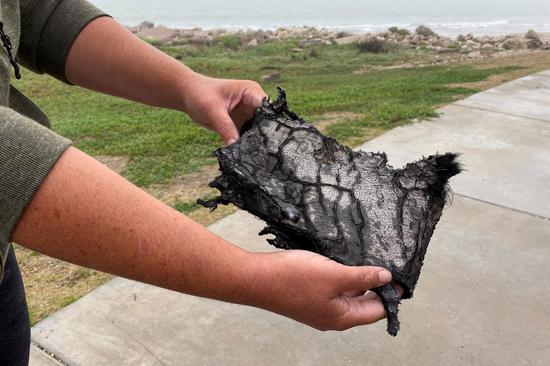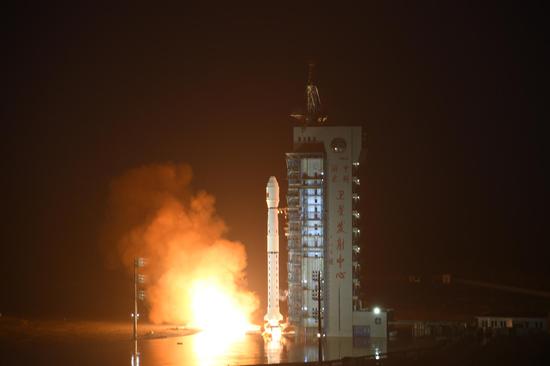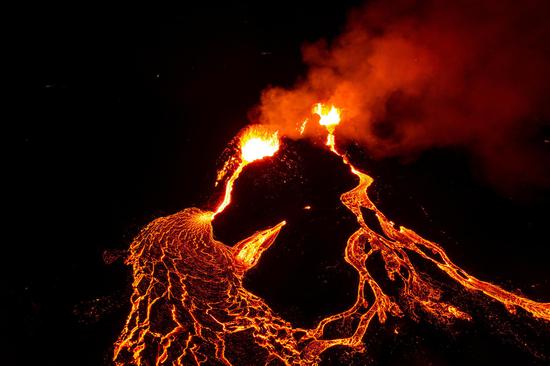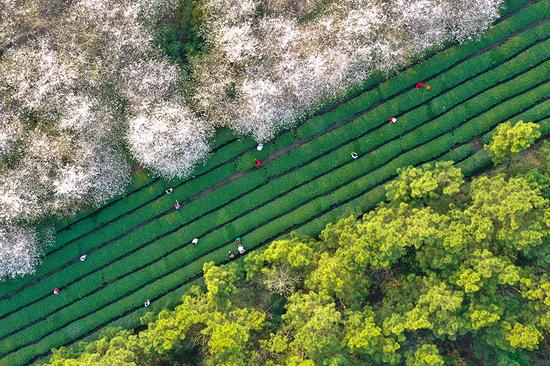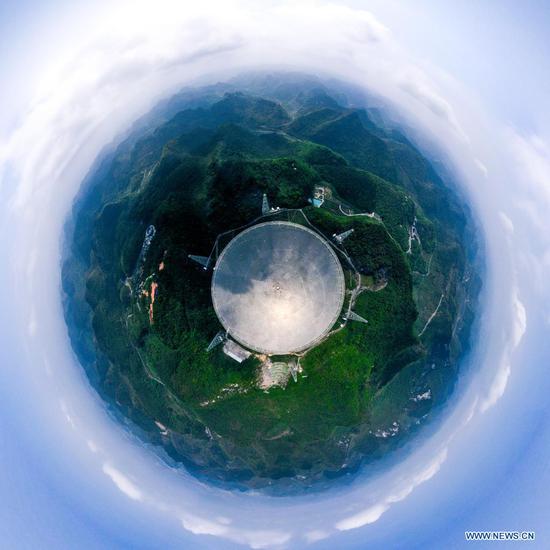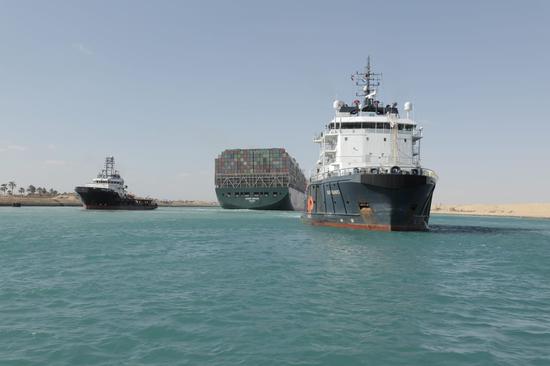
China's Tibet Sports Bureau has trained and hired locals as conservation workers to clear waste from the mountain. PHOTO/XINHUA
War on waste
China and Nepal have been working hard to rid the mountain of waste.
China's Tibet Sports Bureau has trained and hired locals as conservation workers to clear the rubbish. According to official data, more than 8.4 metric tons of waste has been removed from heights above 5,200 meters.
Last year, the Ministry of Finance promised to allocate 4 million yuan ($595,000) to the bureau for the cleanup work.
The Mount Qomolangma National Nature Reserve banned tourists from entering its core zone early last year. The reserve, which covers 33,800 square kilometers and extends from a height of more than 1,400 meters to the mountain's summit, was established in 1988 to better preserve the environment.
Similar steps have been taken by Nepal, which in 2014 passed a regulation requiring every climber to take at least 17 pounds (7.7 kilograms) of waste off the mountain-the average amount left behind by each mountaineer, USA Today reported.
Meanwhile, studies have shown that glaciers in the Qomolangma region, as in most parts of the Himalayas, are melting rapidly and thinning because of climate change.
Glaciers basically act as water towers. They store winter snowfall, which melts in spring and summer to replenish rivers, providing a steady supply of water for humans and ecosystems.
Shrinking glaciers increase water flows in rivers. If temperatures rise as predicted and the glaciers continue to melt, the flows could trigger devastating floods, displace millions of people and lead to huge economic losses.
Flows will decrease if combined with overuse of fresh water, but this will have a huge impact not only on local people but on global ecosystems.
Jha, from Xi'an Medical University, said: "Water is so important to us. People cannot live without drinking water. In addition, water is a source of clean energy and can generate electricity. That's why we should protect the environment (on Qomolangma)."
He added that the announcement by China and Nepal on the mountain's height will enable the two countries to cooperate more on conservation work on Qomolangma, "our shared treasure and home".
Xin Wencontributed to this story.









